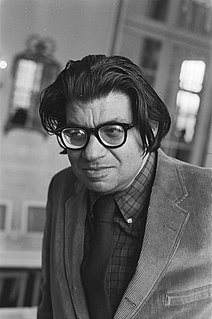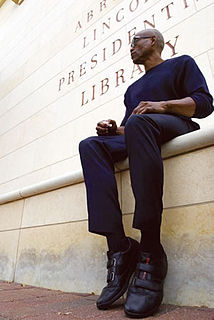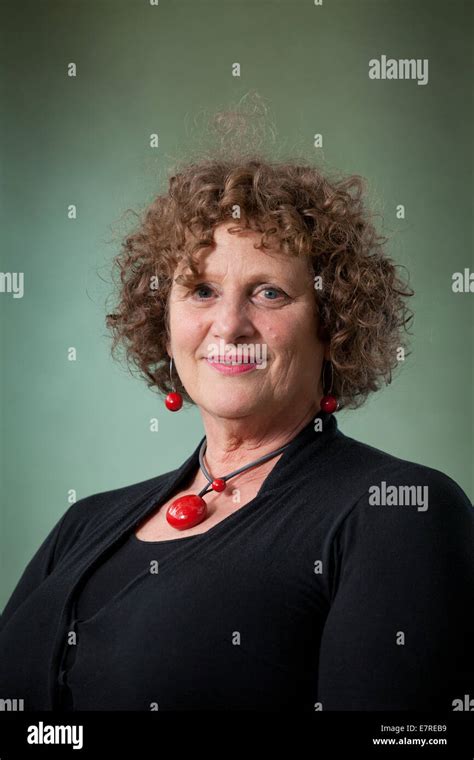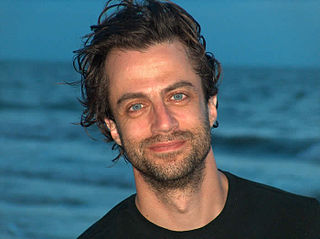A Quote by Sarah Churchwell
Art cannot, perhaps, impose order on life—but it teaches us to admire even the unruliest of revelations.
Related Quotes
Perhaps there may come into my art also, no less than into my life, a still deeper note, one of greater unity of passion, and directness of impulse. Not width but intensity is the true aim of modern art. We are no longer in art concerned with the type. It is with the exception that we have to do. I cannot put my sufferings into any form they took, I need hardly say. Art only begins where Imitation ends, but something must come into my work, of fuller memory of words perhaps, of richer cadences, of more curious effects, of simpler architectural order, of some aesthetic quality at any rate.
Sports can unite a group of people from different backgrounds, all working together to achieve a common goal. And even if they fall short, sharing that journey is an experience they'll never forget. It can teach some of the most fundamental and important human values: dedication, perseverance, hard work, and teamwork. It also teaches us how to handle our success and cope with our failure. So, perhaps the greatest glory of sport is that is teaches us so much about life itself.
It is hard to think of any work of art of which one can say 'this saved the life of one Jew, one Vietnamese, one Cambodian'. Specific books, perhaps; but as far as one can tell, no paintings or sculptures. The difference between us and the artists of the 1920's is that they they thought such a work of art could be made. Perhaps it was a certain naivete that made them think so. But it is certainly our loss that we cannot.
To approach a city, or even a city neighborhood, as if it were a larger architectural problem, capable of being given order by converting it into a disciplined work of art, is to make the mistake of attempting to substitute art for life. The results of such profound confusion between art and life are neither life nor art. They are taxidermy.
I assure you, Constable Morgan, I am quite sane, as I understand the word, perhaps the sanest person in this room, for I suffer from no illusions. I have freed myself, you see, from the pretense that burdens most men. Much like our prey, I do not impose order where there is none; I do not pretend there is any more than what there is, or that you and I are anything more than what we are. That is the essence of their beauty, Morgan, the aboriginal purity of their being, and why I admire them.
We have to accept ourselves in order to write. Now none of us does that fully: few of us do it even halfway. Don’t wait for one hundred percent acceptance of yourself before you write, or even eight percent acceptance. Just write. The process of writing is an activity that teaches us about acceptance.
Life, as we find it, is too hard for us; it brings us too many pains, disappointments and impossible tasks. In order to bear it we cannot dispense with palliative measures... There are perhaps three such measures: powerful deflections, which cause us to make light of our misery; substitutive satisfactions, which diminish it; and intoxicating substances, which make us insensible to it.
Even as we do all that's necessary to ensure Israel's security, even as we are clear-eyed about the difficult challenges before us, and even as we pledge to stand by Israel through whatever tough days lie ahead, I hope we do not give up on that vision of peace. For if history teaches us anything, if the story of Israel teaches us anything, it is that with courage and resolve, progress is possible. Peace is possible.
The truth is, anyone who puts so much of herself and her life into art as you do must naturally fear any failure in that art as a potential threat to your life. And so you protect your art more than you protect your health or the common forms of happiness the rest of us have. And you probably have this in common with every artist you admire.




































